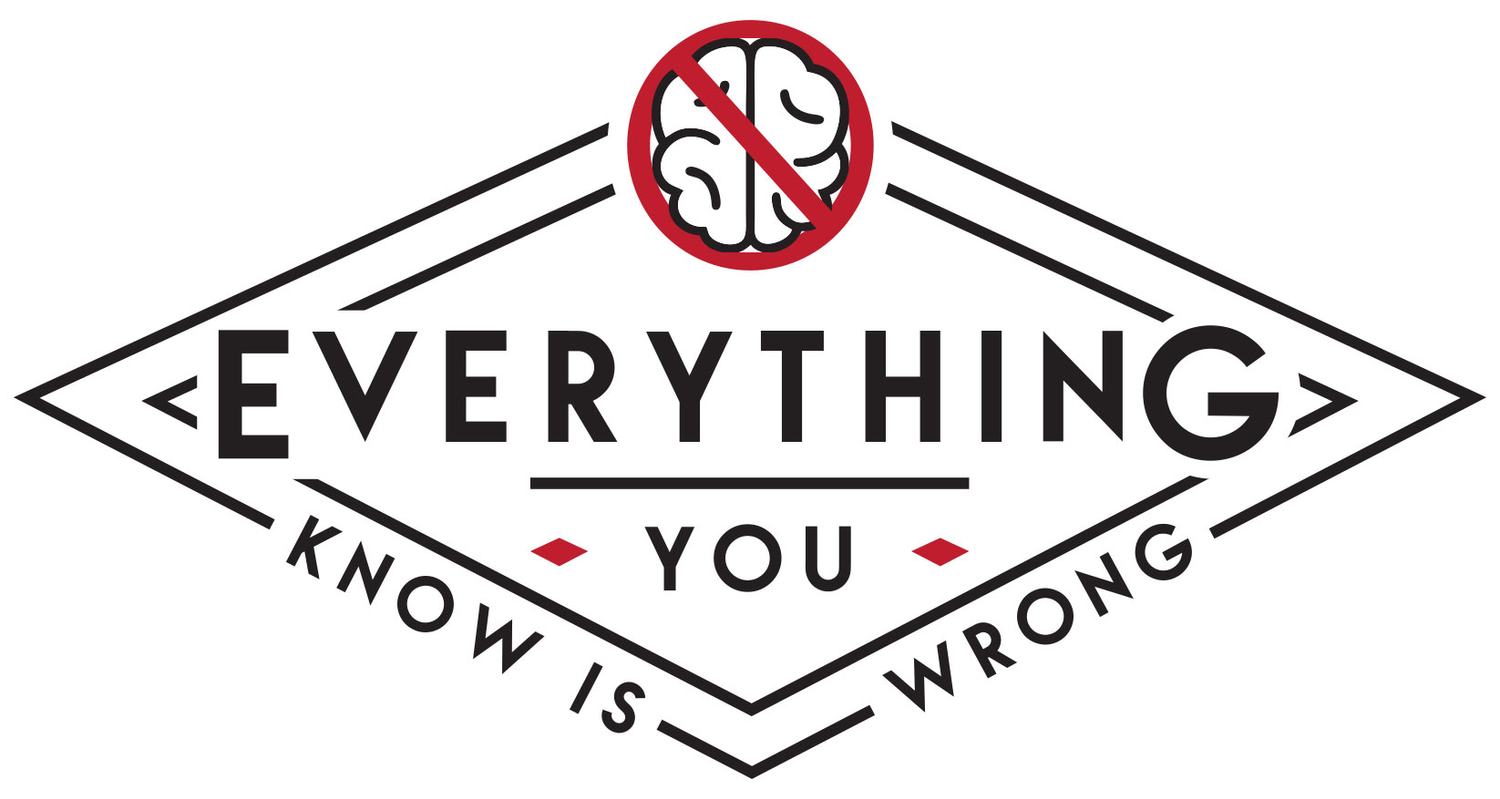Health Supplement Buying Tips for Spring
Spring is a great time to focus on your health and wellness goals, and if you're looking to supplement your diet with vitamins, minerals, or other nutrients, there are a few things to keep in mind when shopping for health supplements. Here are some tips to help you make informed decisions when buying health supplements this spring.
Know What You Need
Before you start shopping for health supplements, it's important to have a clear understanding of your individual health needs. Talk to your healthcare provider or a licensed nutritionist to determine which supplements may be beneficial for you based on your age, gender, diet, and any medical conditions or medications you may be taking.
In general, some common health supplements that may be beneficial for many people include multivitamins, vitamin D, omega-3 fatty acids, probiotics, and antioxidants. However, the specific supplements you need will depend on your individual health needs and goals.
Look for Quality and Safety
When shopping for health supplements, it's important to look for products that are safe and of high quality. Look for supplements that have been tested and certified by reputable organizations such as the United States Pharmacopeia (USP) or ConsumerLab.com.
In addition, look for supplements that have clear and accurate labeling, including the name and amount of each ingredient, and any potential side effects or interactions with other medications. Avoid supplements that make unrealistic or exaggerated claims, and be wary of supplements that are priced significantly lower than comparable products, as this may be a sign of lower quality or ineffective ingredients.
Consider Form and Delivery Method
Health supplements come in a variety of forms, including capsules, tablets, powders, and liquids. Consider your personal preferences and lifestyle when choosing the form and delivery method that works best for you.
For example, if you have difficulty swallowing pills, a liquid or powder supplement may be a better option. If you're always on the go, a capsule or tablet supplement may be more convenient. In addition, consider whether the supplement needs to be taken with food, and whether it should be taken at a specific time of day.
Check for Interactions
Before starting any new health supplement, it's important to check for potential interactions with any medications or supplements you are currently taking. Talk to your healthcare provider or pharmacist to ensure that the supplements you are considering are safe to take in combination with your other medications.
In addition, be aware that some health supplements may interact with certain medical conditions or health concerns. For example, people with kidney disease may need to be cautious about taking certain supplements that can affect kidney function.
Consider Your Budget
Health supplements can vary widely in price, so it's important to consider your budget when shopping for supplements. While it may be tempting to choose the least expensive supplement on the shelf, remember that quality and safety should always be your top priorities.
Consider the cost per serving of each supplement, and look for products that offer good value for your money. In addition, be wary of supplements that are priced significantly higher than comparable products, as this may be a sign of overpricing or unnecessary ingredients.
Conclusion
Buying health supplements can be a great way to support your overall health and wellness goals, but it's important to make informed decisions when choosing supplements. Know your individual health needs, look for quality and safety, consider form and delivery method, check for interactions, and consider your budget. By following these tips, you can make informed decisions when shopping for health supplements this spring and support your overall health and well-being.
